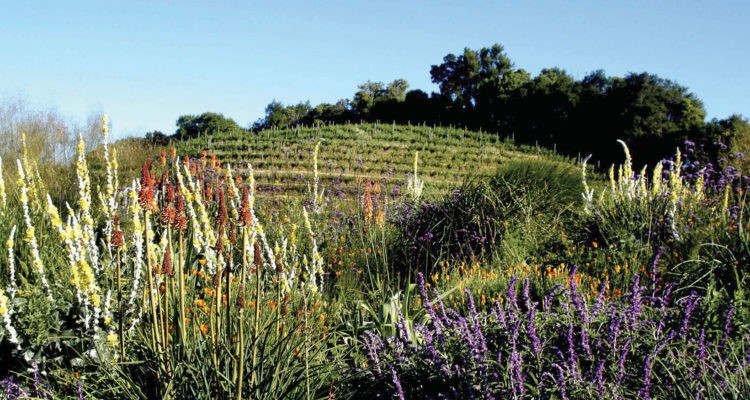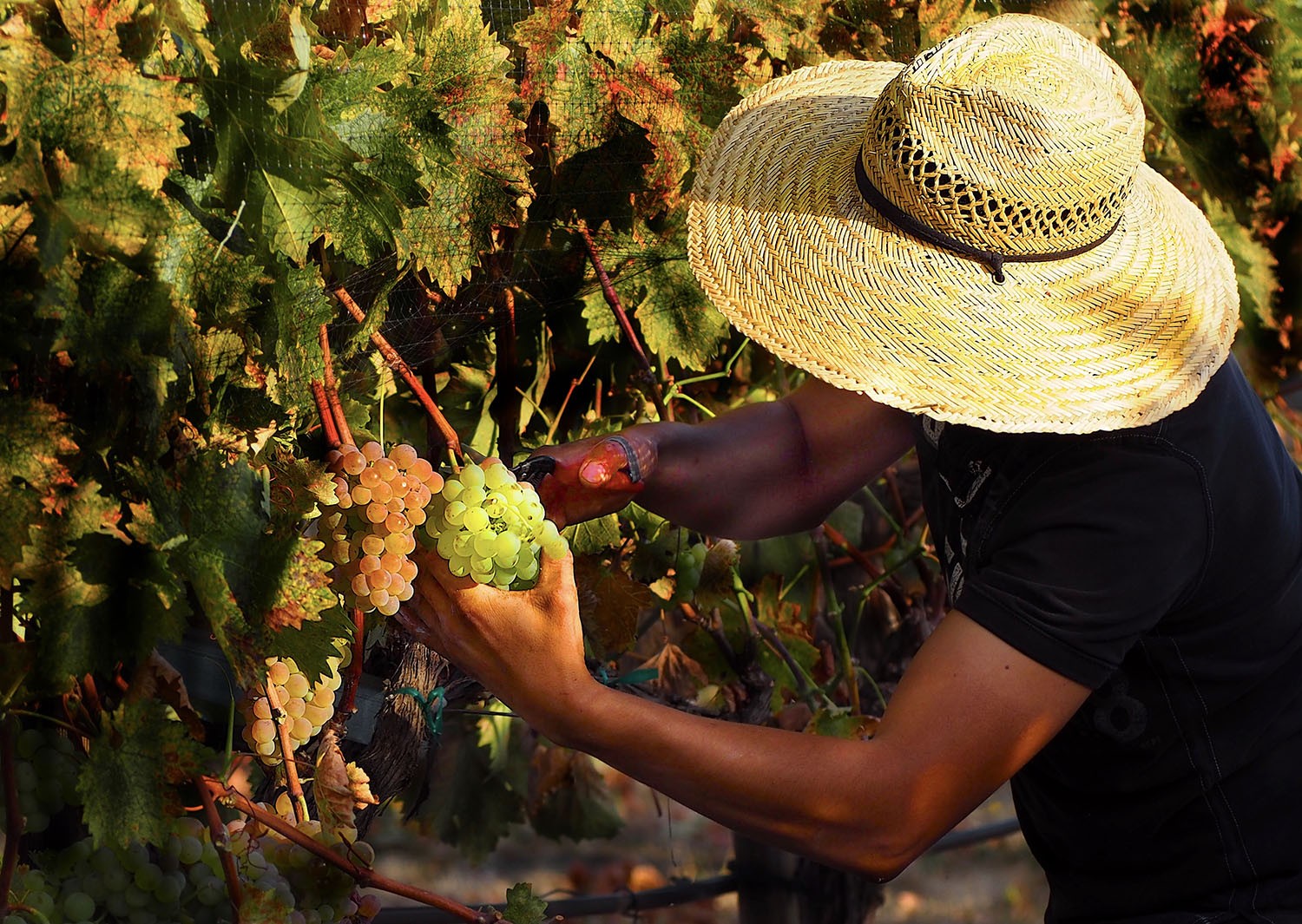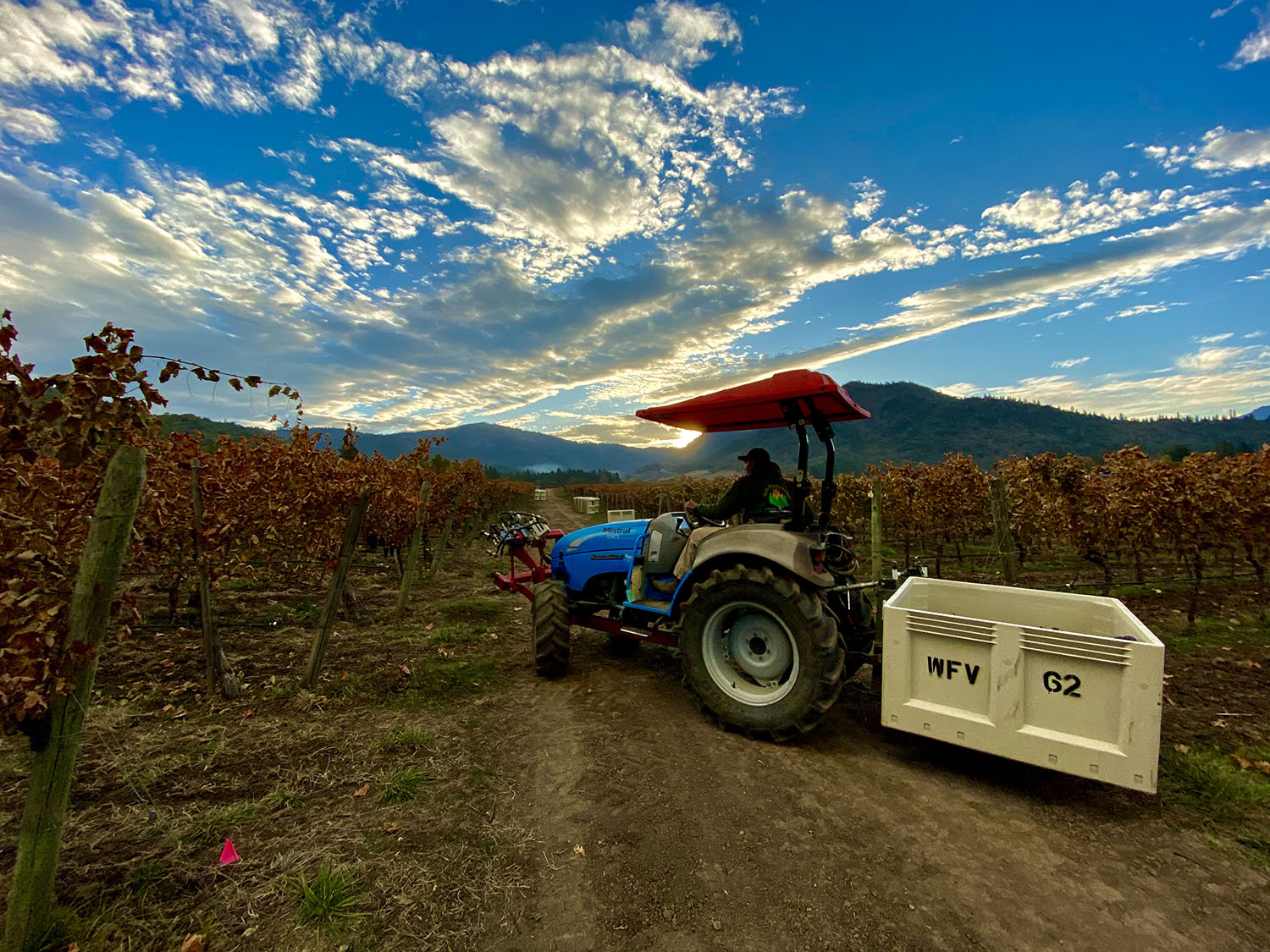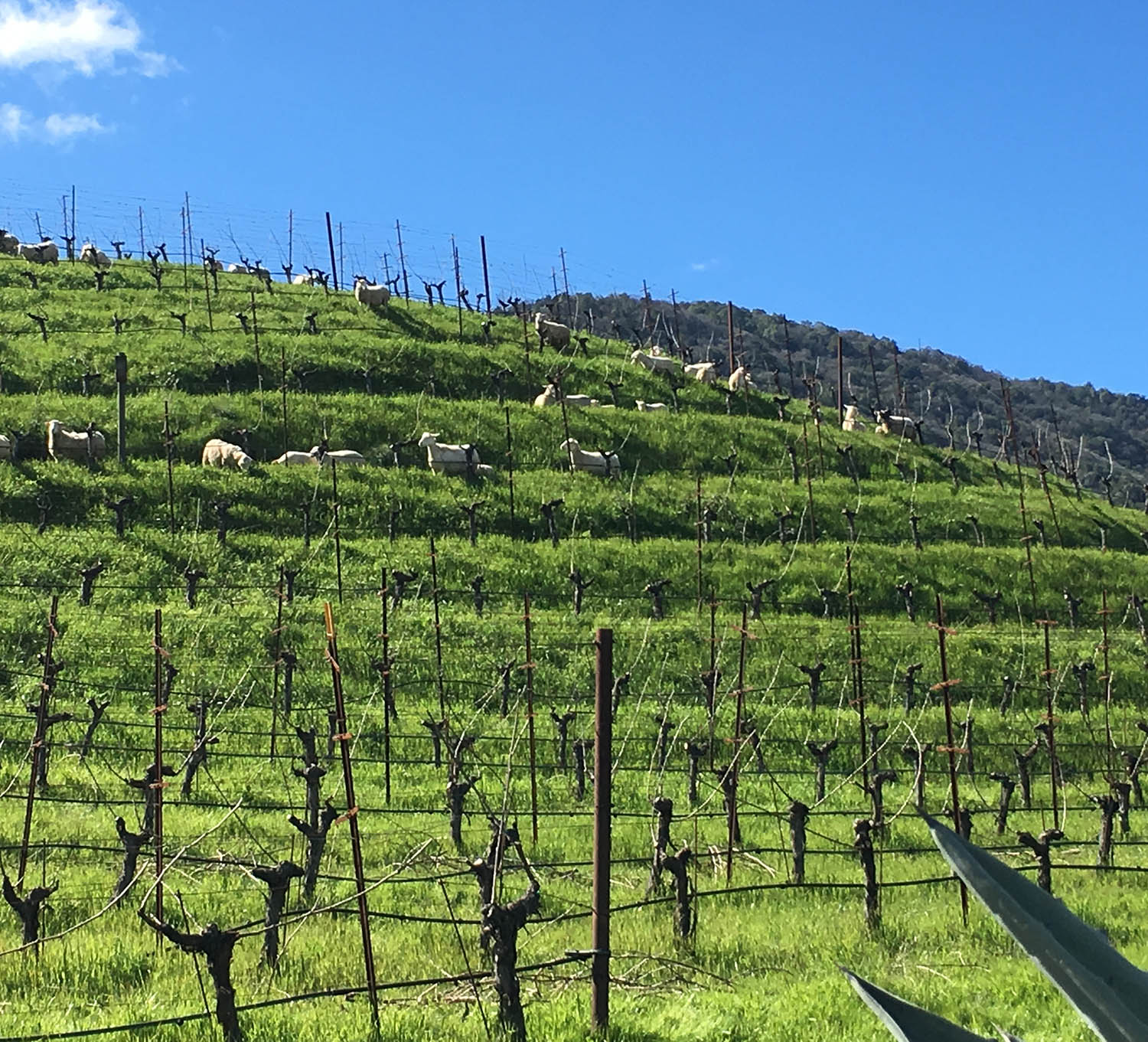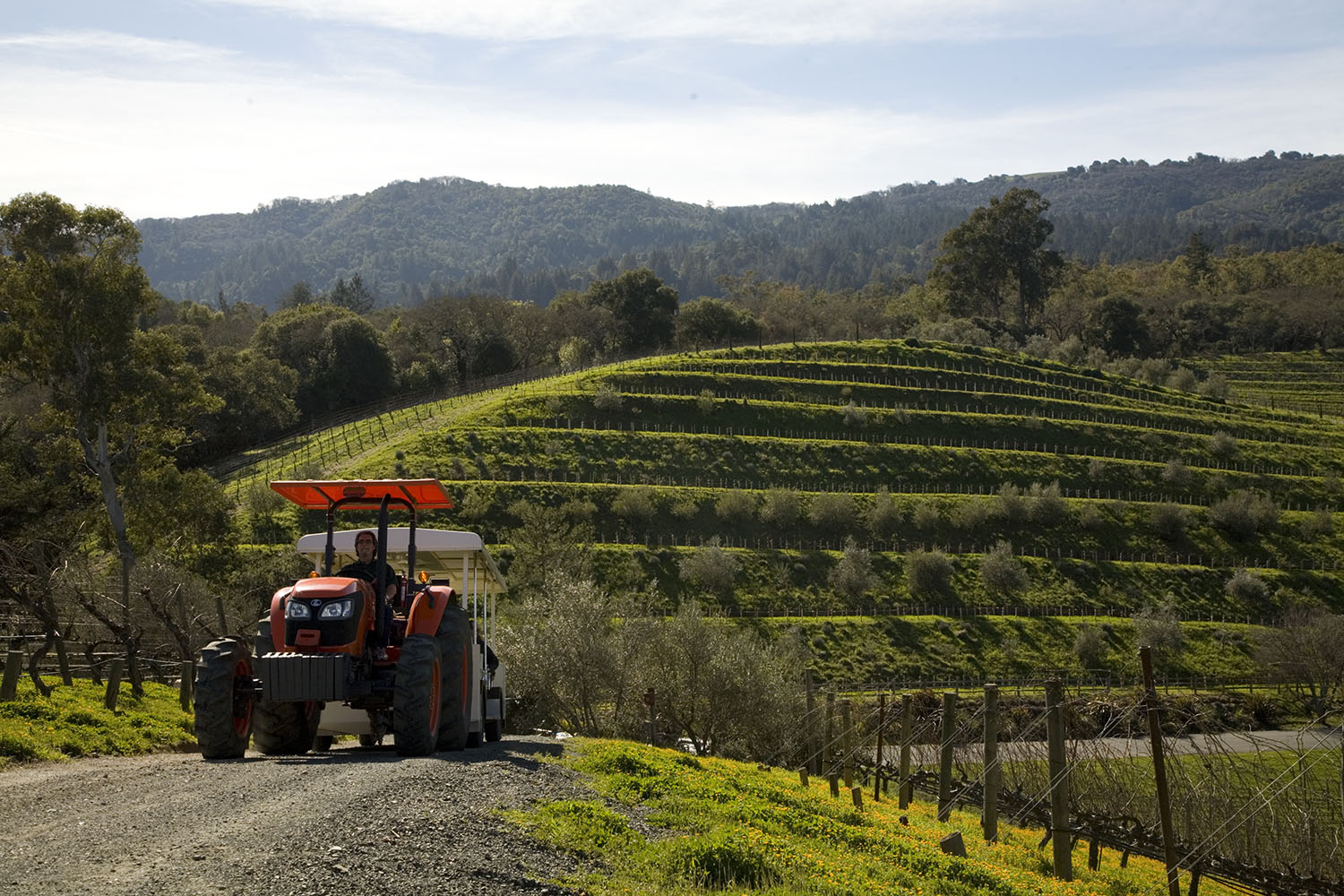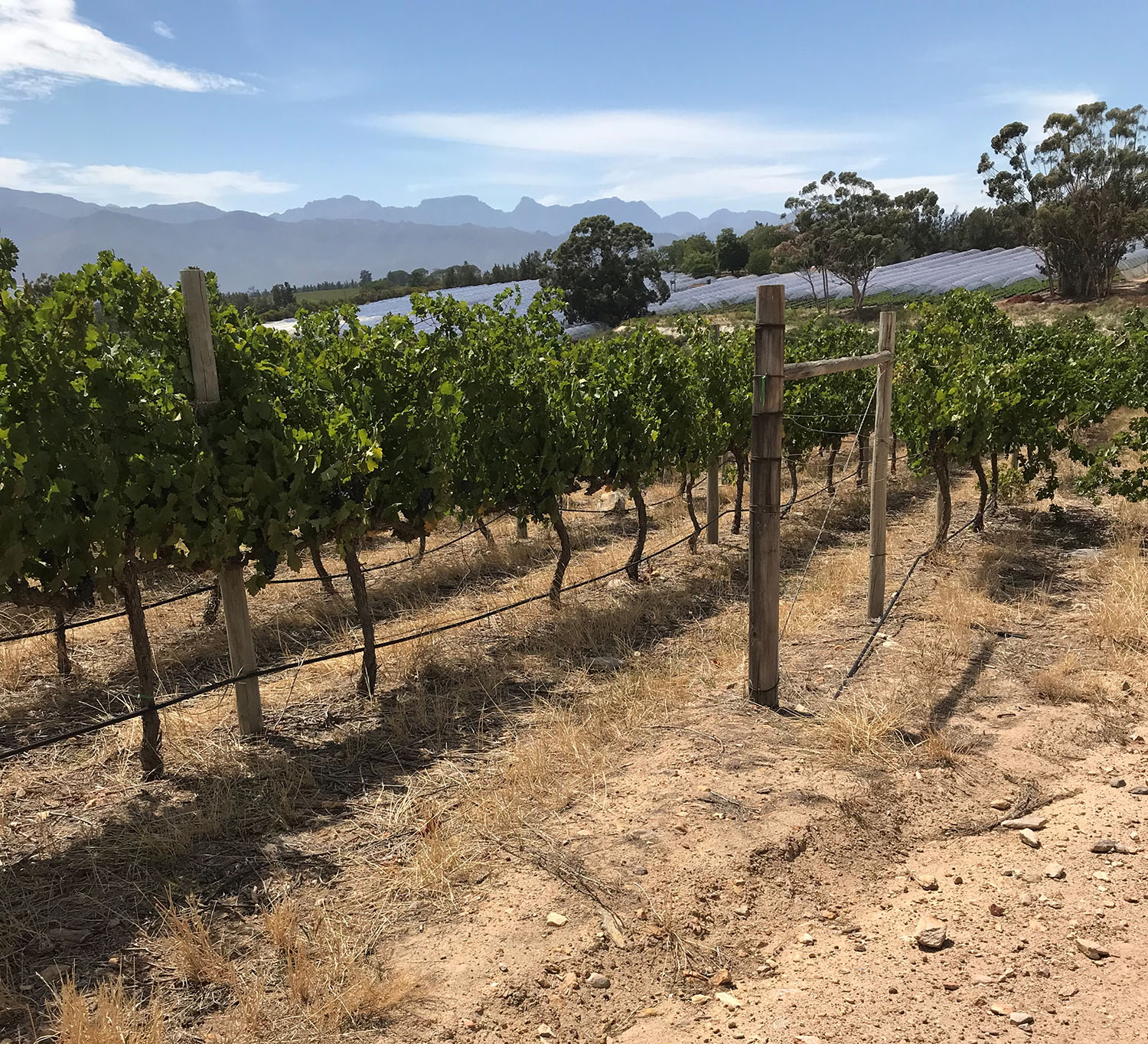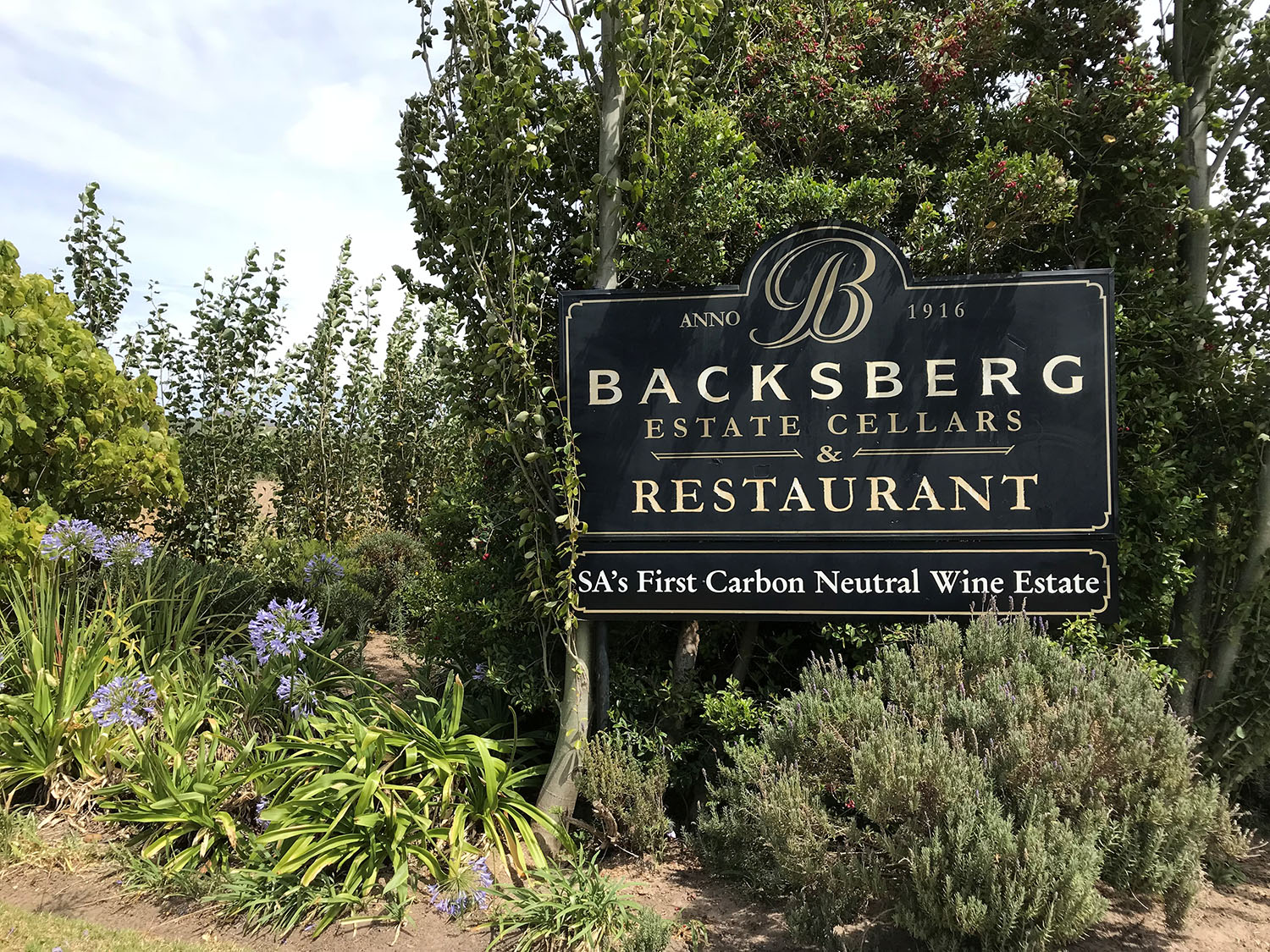Treating the Vines Right
By Dave Eckert
Today, April 22, is an important day. It is Earth Day, a day established to honor the achievements of the environmental movement while raising awareness to the need to protect the Earth’s natural resources for future generations. This year’s annual celebration will undoubtedly be remembered as the year Covid-19 gripped the planet. But if there’s one thing this pandemic has taught us, it’s the undeniable fact that all of us, no matter where or how we live, are impacted by what happens on this planet, good and bad. It is our only home, and it needs to be protected. On this Earth Day, I’d like to highlight some efforts in the wine industry to do just that. I have personally crossed paths to varying extents with the three wineries profiled here. I enjoy their wines and recommend them highly. More than that, however, I admire the passion, commitment, and vision each winery applies every day.
Photo courtesy of Troon Vineyard
You’ll find Troon Vineyard in Southern Oregon’s Applegate Valley. Troon was originally planted to grapevines in 1972 by Dick Troon, a pioneering wine grower who was among the first to plant vines in the area. For decades, the vineyards were farmed traditionally with all the sprays, chemicals, and applications that were standard in the industry. In 2016, a decision was made to change directions, to move toward a more sustainable wine growing and winemaking approach. General Manager Craig Camp says Troon is trying to heal the vineyards and repair more than 40-years of damage. “The amount of damage traditional farming does is incredible. Fortunately, the Earth is quite resilient. I knew from experience that this was the only route to rebuilding these soils. Troon Vineyard has been farmed 100% organically and bio-dynamically since 2017,” Camp shared.
Photo courtesy of Troon Vineyard
I’ve known Camp for more than 25 years, dating back to his days running a wine importing and distribution company in Chicago. For as long as I’ve known, him, and well before that, Camp has been passionate about wine. That passion led him to Italy where he learned winemaking from the ground up. Returning to the States, Camp worked first in Oregon’s Willamette Valley and then in Napa Valley. In Napa, Camp was at Cornerstone Cellars, which focuses on Cabernet Sauvignon. After eight years there, Camp says he saw Cabernet grape prices go crazy. He realized the wines they were making were out of the price range of many consumers. Camp said Napa wasn’t fun anymore and that he wanted to make wines people could afford to drink. Camp says Troon Vineyard was a good fit. “I was always transfixed by the area. If you drive from Portland to California, you come across this crest on Interstate 5 where the Applegate Valley spreads out in front of you. It’s one of the most beautiful views. I always thought I’d live here one day,” Camp recalled.
Photo courtesy of Troon Vineyard
Camp says things weren’t pretty in the Troon vineyards upon his arrival. “The vineyard had a lot of problems. We had unhealthy vines. I knew the only way to bring things back was to go to regenerative agriculture. I thought biodynamics would be successful here,” Camp recalled. He was right. Biodynamics could, and do, work at Troon. “It doesn’t take very long to see the benefits. The composting program is the core of biodynamics. It helps rebuild the soil, which fertilizers and weed treatments killed off. Our vineyards are getting healthier with each passing year,” Camp said.
Photo courtesy of Benziger Estate
Now, onto Benziger Estate in Sonoma County. This is the 20th anniversary of biodynamic farming at Benziger. The estate was officially certified as a biodynamic farm by the Demeter Associate in 2000. Environmentally sound farming remains key to Benziger as the entire portfolio of Benziger Family Wines carry a third-party certification for green farming practices: sustainable, organic, or biodynamic. I asked Chris Benziger why the family decided to go down this path? “When we first arrived here the land had been left vacate, abandoned for over half a century. It was beautifully wild. We came and harnessed the land and turned it into a production vineyard. In return, the land rebelled. We were observant enough to see that we were putting scars in the land that would not heal. Once we embarked on our journey into biodynamics, we could see the land begin to repair itself. The land went from being a silent monoculture of grapes to a biodiverse farm alive with the cacophony of life,” Benziger shared.
Photo courtesy of Benziger Estate
I had the good fortune of filming a segment with Benziger while producing and hosting my television show, Culinary Travels with Dave Eckert. Everything at the estate, from the vineyards, to the winery, to the natural habitats in between revolve around doing the best to respect and protect the environment. Benziger says that’s important to him personally and professionally, and this Earth Day on the 20th anniversary of Benziger’s biodynamic certification highlights that importance. “We made a complete turnaround in our attitude and management of the land in those two decades. In the 40-year arc of our time on the vineyard, we saw the land change for primordial to conventional and through to pastoral. This made me a true believer in this method of farming,” Benziger said.
Photo courtesy of Backsberg Estate Cellars
Finally, to Backsberg. Though it was just last fall, it seems like forever ago that I met Simon Back from South Africa’s Backsberg Estate Cellars. Backberg’s wines are imported by a Kansas City company, so I was happy to give them my support. Beyond that, the wines are delicious and great values across the board, the winery is carbon neutral, and Back strikes me as a genuinely nice man. That’s a trifecta of reasons for me to drink Backsberg!
Photo courtesy of Backsberg Estate Cellars
While he was in town, I had the chance to chat with Back about the family’s dedication to the environment. “I feel that as a family and a business we’ve enjoyed the fruits of the land. And, as a family, it’s part of our value system to take account of this and farm in a sustainable way. The Earth is a finite resource. We only have one chance to find a way to operate in a balanced way by putting back as much if not more than we take out,” Back told me. Backsberg was the first wine producer in South Africa, and one of only three in the world to gain the status of a carbon neutral winery in 2011. Backberg Estate Cellars has also won a Greenpeace award for Climate Change Leadership. Simon Back is rightfully proud of his family’s devotion to doing right by the planet. “One of the things I’m happiest about is our reduction in fuel and electricity usage. We are now on a journey to get off the grid entirely and generate our own fuel and electricity,” Back said. Now that’s a journey I can get behind!
There you have it. From Oregon, to California, to South Africa, some great wineries doing right by the planet. Put some of your table on this Earth Day 2020! By the way, I’ll be chatting live with Benziger and Camp on Earth Day at 5:00 pm CST. Go to my Instagram page at eatsanddrinkswithdave to join in the conversation! Cheers!

